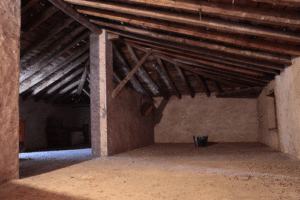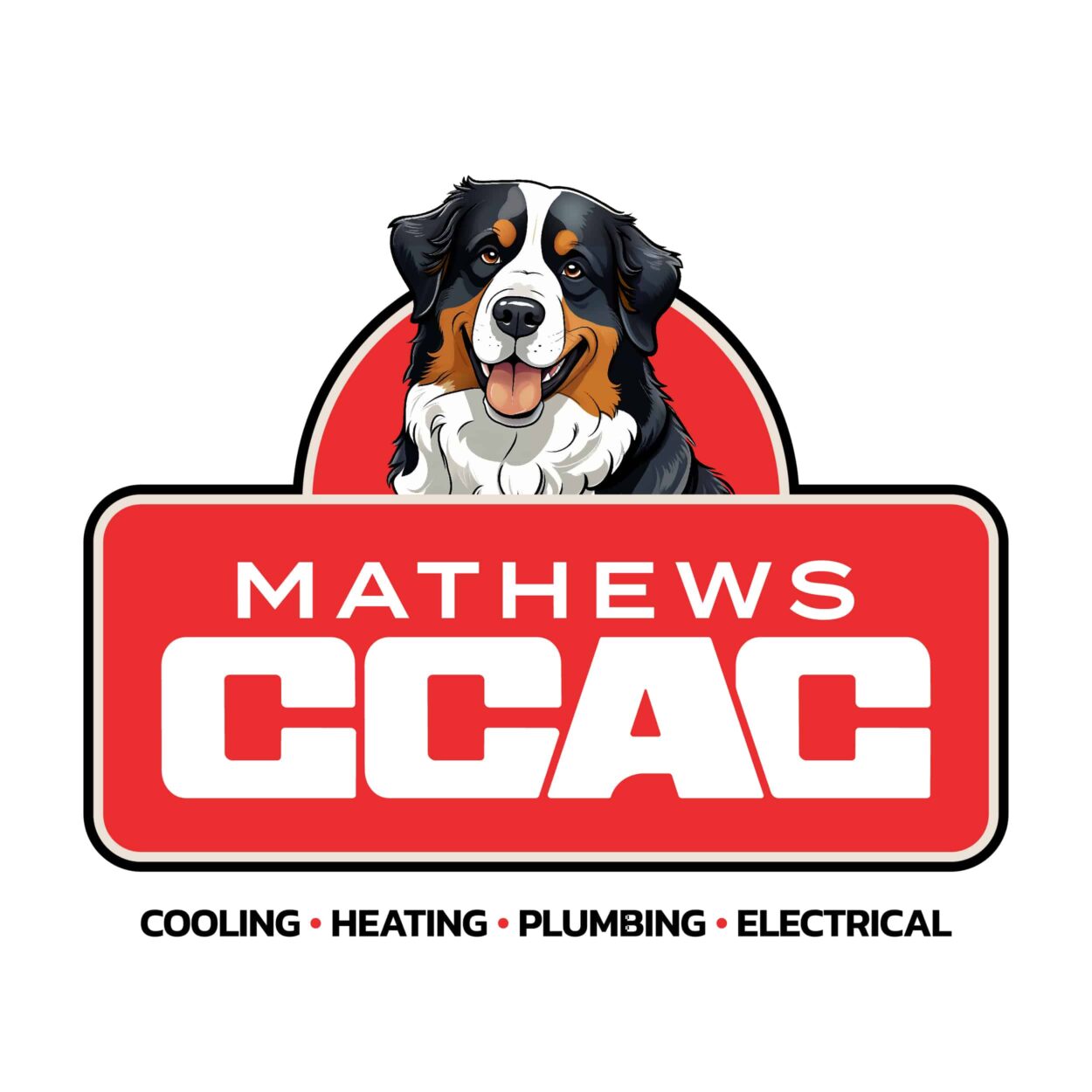 Adequate attic insulation is the main thing that stands between you and chilling heat loss during winter or uncomfortable heat gain during summer. Heat energy is always on the move from a hot zone into a cooler zone. This basic fact of physics means that heat conducts out of living spaces up through the ceiling into the attic when it’s cold outside. Conversely, heat accumulating in the attic on a hot day conducts down through the ceiling, raising temperature in cooler rooms below. Either way, comfort and energy efficiency are compromised. That’s why, if you’re ready to upgrade home insulation, your attic should be the primary target.
Adequate attic insulation is the main thing that stands between you and chilling heat loss during winter or uncomfortable heat gain during summer. Heat energy is always on the move from a hot zone into a cooler zone. This basic fact of physics means that heat conducts out of living spaces up through the ceiling into the attic when it’s cold outside. Conversely, heat accumulating in the attic on a hot day conducts down through the ceiling, raising temperature in cooler rooms below. Either way, comfort and energy efficiency are compromised. That’s why, if you’re ready to upgrade home insulation, your attic should be the primary target.
What Kind and How Much?
Attic insulation generally comes in two types:
- Fiberglass batts. These are roll-out blankets of pink insulation that looks like cotton candy. Pre-cut to fit between the attic joists, standard fiberglass batts have an R-value (“R” stands for resistance to heat) of 3.3 per inch. Here in our climate zone, the U.S. Department Of Energy recommends attic insulation to a depth of R-30 to R-60. This equals 10 to 18 inches of fiberglass batts.
- Cellulose. A loose-fill product composed of pulverized bits of paper and fabric, cellulose insulation is blown into your attic under air pressure through large hoses. Once installed, it resembles mounds of freshly fallen snow. Cellulose provides an R-value of 3.8 per inch. To meet DOE recommendations, cellulose should be 8 to 15 inches deep.
Adding On
Insulation in the attic can be upgraded simply by adding additional depth atop the existing layer. Also, different insulation types may be mixed: for example, a layer of cellulose loose-fill could be blown in on top of existing fiberglass batts to add enhanced heat resistance.
It’s important to note that air leakage also promotes heat loss and heat gain. Insulation does little or nothing to stop air leakage. Before adding attic insulation, air leaks in the ceiling should be discovered and sealed with caulking or other sealant.
For more about adding attic insulation for comfort and efficiency in Corpus Christi, contact CCAC.
Our goal is to help educate our customers in Corpus Christi, Texas about energy and home comfort issues (specific to HVAC systems). For more information about attic insulation and other HVAC topics, download our free Home Comfort Guide or call us at 361-678-2495.
Credit/Copyright Attribution: “Enrique Ramos/Shutterstock”












